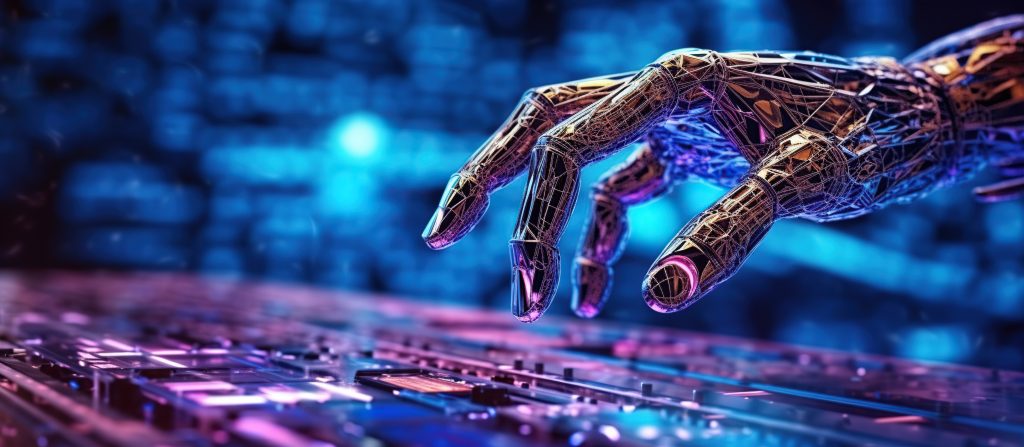Introduction
Like almost everything in life, the history of artificial intelligence is a journey of breakthroughs, pioneering innovation, disappointment, and progression. French mathematician and inventor Blaise Pascal built the First Mechanical calculating machine in the 17th century. Further, progress was made in the design of programmable machines and neural networks in the 19th and 20th centuries, respectively. One of the turning points in the history of artificial intelligence came with the Turing test, developed by Alan Turing in 1950 as a way of testing a machine’s intelligence. The term ‘Artificial Intelligence’ was coined during a conference, ‘The Dartmouth Summer Research Project’ devoted to the topic in 1955 / 1956. After this, the field had a couple of boom-and-bust periods, including two AI winters. In the last decade or two, progress has been made in developing intelligent machines in specific domains. With the release of ChatGPT the previous year, the field was again in the limelight.
Some Reflections on Current State
Deep learning is a type of machine learning based on an artificial neural network in which multiple layers of processing are used to extract progressively higher-level features from data, effectively teaching computers to process data in a way inspired by the human brain. It is a form of generative AI, i.e., a generative pre-trained transformer. Further, it uses natural language processing tools driven by AI technology that allows one to have human-like conversations. Fundamentally, it’s trained on humungous amounts of data and connected to a chat interface.
The creation of intelligent machines/beings has the potential to solve many momentous challenges humanity faces, like climate change, health issues, and poverty, among many others. However, just like every manufactured technology, generative AI has its drawbacks. For instance, what if humans created machines far more intelligent than themselves? One day, it decides that humans are worthless beings who deserve to be extinct, as they are always involved in conflict and wars, killing each other and misusing/abusing Mother Earth/Nature.
Creating machines that have ‘Artificial general intelligence’ is potentially the future. AI machines perform exceedingly well in specific domains, for instance, a Go game, any two-player games, etc. However, a well-oiled regulatory framework around the field is the key to reaping the best of benefits. The European Union is leading the way with the EU AI Act.
Conclusion
Understanding the potential momentous implication Artificial intelligence can have on Humanity’s future, the question is, “What can we do about it?” Getting oneself better informed about the field or topic is the first step. Depending on one’s preference, we can read books, watch media, use social media as a tool, etc. This needs to be followed up with spreading awareness among the community and people to empower users with guided information on how best to interact with AI – ethically and securely. Considering that AI, at a future point in time, will have access to all the online data that humanity has ever generated, it is likely going to develop its values, morals, and ethics (conscience) from there. Hence, it is a good idea to be our best selves online. As they say, ‘Be the change you want to see in this world.’
About the author

Prins James
Prins James is a seasoned Cyber security professional with experience of well over a decade in various industries like Financial Services cut across continents, Telecom, Consumer Goods, Health care, Government, Consumer Electronics, Material Handling, etc.

